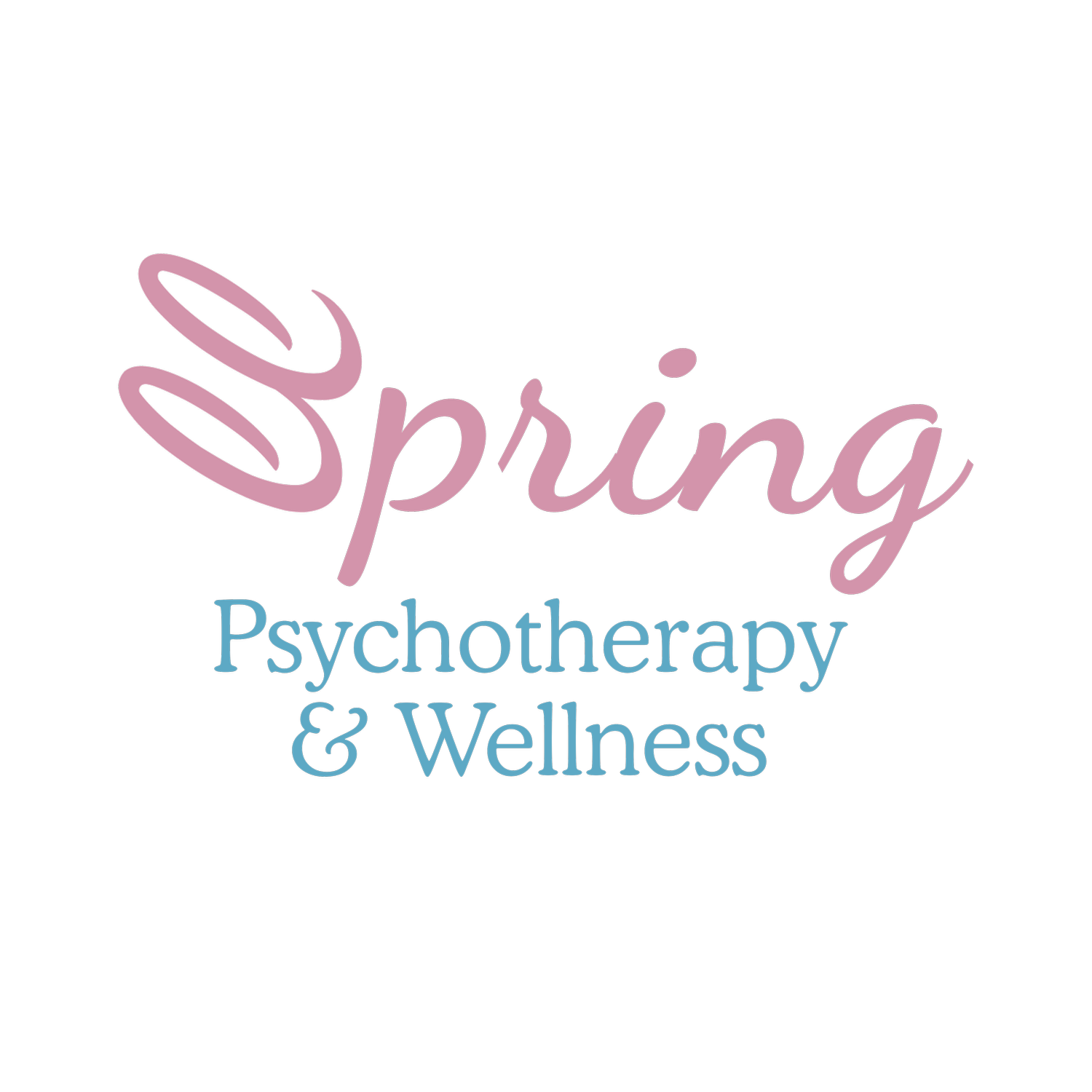Life After Recovery
Recovery from an eating disorder is a journey, not a destination. It takes time, effort, and resilience to heal from the physical and emotional wounds of this complex illness. But for those who are willing to commit to themselves and ask for help, recovery is possible.
If you are in recovery from an eating disorder, or if you know someone who is, you may be wondering what life after recovery can be like. Here is a glimpse into what others have experienced:
1. A new relationship with food
One of the most significant changes that people experience in recovery is their relationship with food. Eating disorders often involve a deep fear of food and weight gain. But in recovery, people learn to see food as fuel and nourishment, rather than something to be feared. They also learn to eat intuitively, listening to their bodies' cues of hunger and fullness.
2. Improved physical health
Eating disorders can have a devastating impact on physical health. But with recovery, people can regain their lost weight and improve their overall health and well-being. This can include improved energy levels, better sleep, and stronger bones and muscles.
3. Enhanced mental and emotional health
Eating disorders can also take a toll on mental and emotional health. But in recovery, people can learn to manage their emotions in healthy ways and develop a more positive self-image. They may also experience reduced anxiety and depression, and improved relationships with others.
4. A new sense of freedom
Eating disorders can be incredibly restrictive. They can dictate what people eat, when they eat, and how much they exercise. But in recovery, people gain the freedom to live their lives without the constant obsession with food and weight. They can enjoy new experiences, build relationships, and pursue their goals.
5. A sense of hope and purpose
Recovery from an eating disorder can be a challenging journey, but it is also an incredibly rewarding one. Many people in recovery find that they have a renewed sense of hope and purpose in life. They may be more passionate about their work, their relationships, and their personal goals. They may also feel a sense of accomplishment for overcoming their eating disorder.
Of course, recovery is not always easy. There will be setbacks and challenges along the way. But if you are committed to your recovery, you can overcome any obstacle.
Here are some tips for staying on track in recovery:
Find a supportive community. Having people who understand your journey and can offer support is essential for recovery. There are many online and in-person support groups available.
Work with a therapist. A therapist can help you to identify and address the underlying issues that contributed to your eating disorder. They can also teach you coping skills and relapse prevention strategies.
Be patient with yourself. Recovery takes time. Don't get discouraged if you have setbacks. Just keep moving forward.
If you are in recovery from an eating disorder, know that you are not alone. There are many people who have been where you are and have come out the other side. With time, effort, and support, you can too.
Here are some additional resources that may be helpful:
Project Heal: https://www.theprojectheal.org
The Eating Disorders Coalition: https://www.eatingdisorderscoalition.org/
The National Association of Anorexia Nervosa and Associated Disorders: https://anad.org/
The National Eating Disorders Helpline: https://www.nationaleatingdisorders.org/help-support/contact-helpline

